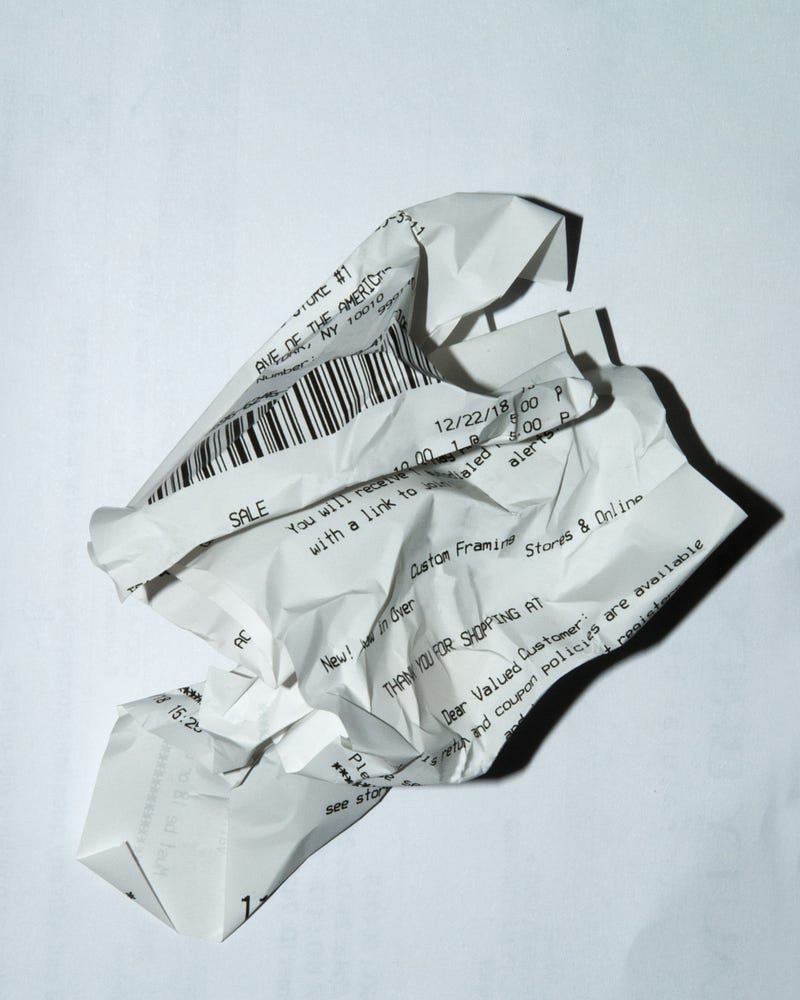It’s a point of incredible curiosity how similar inventions can be created by different people who have never met, and it’s incredible how different approaches to the same problem build upon each other to create some better and ore unique than any of the individual parts. Both of these processes can be found at work in the history of the barcode.
It’s such a common part of modern life that it’s easy to forget that the bar code only took off in the 1980s. But the whole thing started when an inventor named Joe Woodland sketched Morse Code in the sandy shore of a beach and realized that by extending the dots and dashes could be extended into wide or narrow lines. That, he thought, might be read by a machine.
The original search for this came from a desperate supermarket manager who was looking for a better way to improve store efficiency. Bernard Silver, a friend of Woodland, told him about this, and their search for a perfect system was born. Of course, this was back in the late 1940s, and since they lacked a sufficiently powerful computer, as well as a bright light small enough for their purposes, the project floundered. They filed their patent and went about their lives.
Then, in the late 1960s the supermarket chain Kroger and the then-tech powerhouse RCA teamed up in search of something that could simplify the checkout process. Hitting upon the old patent by Woodland and Silver and the future was born.
In the end it was IBM, not RCA, that managed to dominate the way we come to view barcodes. RCA had a functioning circular barcode, but IBM came into the race at the last moment and managed to convince more stores to use their rectangular one, a fresh design. It took another couple of decades for the technology to be popularized, but it eventually turned out to be one of nearly infinite uses and potential.
Others would go on to claim the rights to the technology we know now as “barcode”, leaving poor Joe Woodland behind in the forest of anonymity. At least until 1992, when President Bush awarded him with the National Medal of Technology, finally recognizing his vital contribution to a technology that we all take for granted.
The full history is even more complicated and there have been some major lawsuits related to the invention of the barcode. I suggest reading Eureka: How Invention Happens by Gavin Weightman to learn the whole story!

